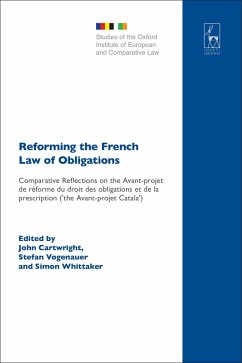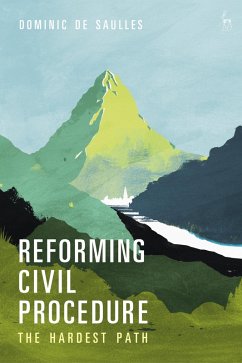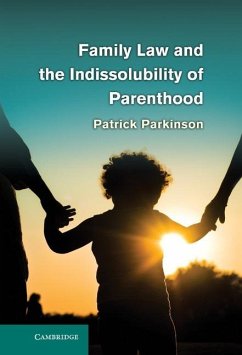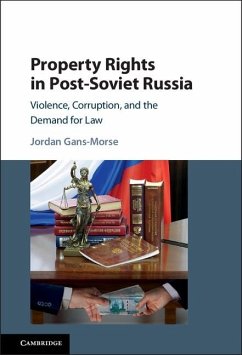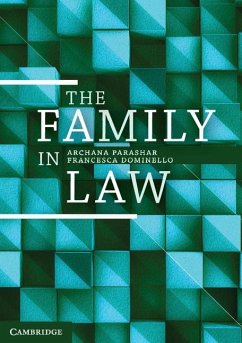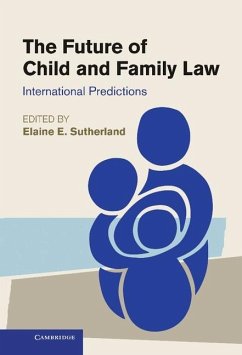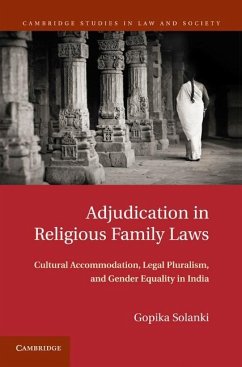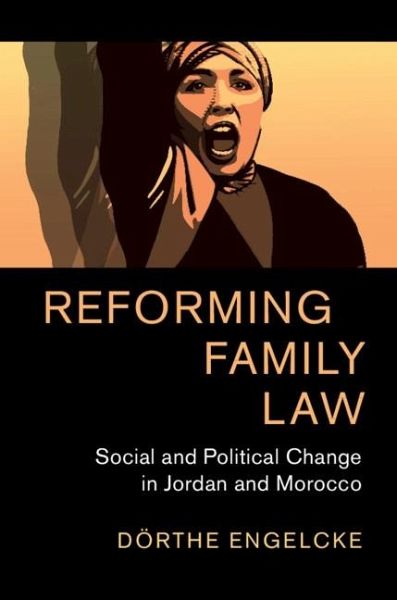
Reforming Family Law (eBook, ePUB)
Social and Political Change in Jordan and Morocco
Versandkostenfrei!
Sofort per Download lieferbar
18,95 €
inkl. MwSt.
Weitere Ausgaben:

PAYBACK Punkte
9 °P sammeln!
As the only area of law that is still commonly termed 'Islamic law', family law is one of the most sensitive and controversial legal areas in all Muslim-majority countries. Morocco and Jordan both issued new family codes in the 2000s, but there are a number of differences in the ways these two states engaged in reform. These include how the reform was carried out, the content of the new family codes, and the way the new laws are applied. Based on extensive fieldwork and rich in sources, this book examines why these two ostensibly similar semi-authoritarian regimes varied so significantly in th...
As the only area of law that is still commonly termed 'Islamic law', family law is one of the most sensitive and controversial legal areas in all Muslim-majority countries. Morocco and Jordan both issued new family codes in the 2000s, but there are a number of differences in the ways these two states engaged in reform. These include how the reform was carried out, the content of the new family codes, and the way the new laws are applied. Based on extensive fieldwork and rich in sources, this book examines why these two ostensibly similar semi-authoritarian regimes varied so significantly in their engagement with family law. Dorthe Engelcke demonstrates that the structure of the legal systems, shaped by colonial policies, had an effect on how reform processes were carried out as well as the content and the application of family law.
Dieser Download kann aus rechtlichen Gründen nur mit Rechnungsadresse in A, B, BG, CY, CZ, D, DK, EW, E, FIN, F, GR, HR, H, IRL, I, LT, L, LR, M, NL, PL, P, R, S, SLO, SK ausgeliefert werden.




